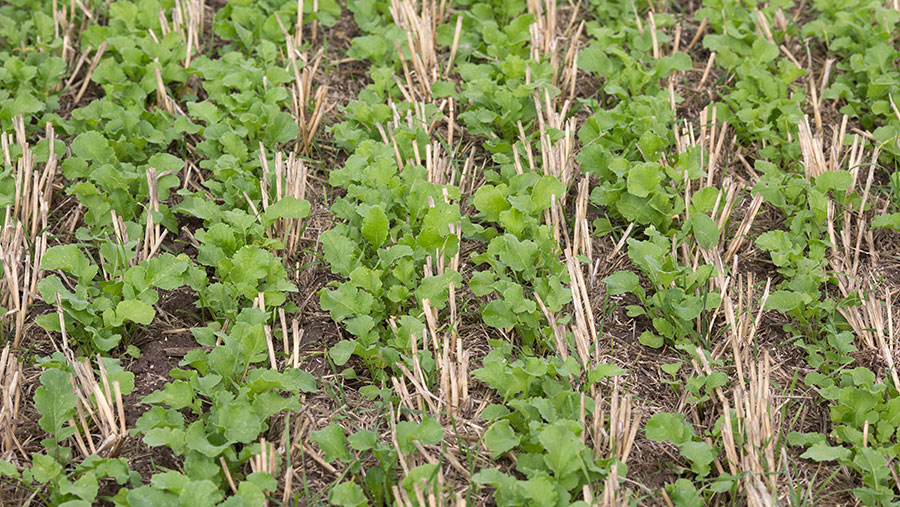OFC 2021: Environment guru predicts regenerative farming is the future
 © Tim Scrivener
© Tim Scrivener The next 10-15 years will see huge disruption, but also exciting changes for the agricultural industry as it invests in more sustainable and regenerative practices, according to sustainability guru and author John Elkington.
Mr Elkington, a world authority on corporate responsibility and sustainable development, was the guest speaker for the Oxford Farming Conference Frank Parkinson Lecture.
In the long term, every industry, including agriculture, would have to become regenerative, he said.
See also: Regenerative farming helps cut risk for sheep and beef farm
But in the meantime, there was a focus on resilience and for agriculture this meant regenerating the systems from which resilience flows, such as healthy soils. “Long-term resilience comes from regenerating the system,” he explained.
In the UK, Mr Elkington predicted a future for farming where species such as beavers were reintroduced which will trigger a much wider shift in the biodiversity of the land surface covered by farming activities.
“Like it or not, many citizens who buy food like this are part of the farming story,” he said. “I have watched Countryfile since the Brexit vote and it’s amazing how these issues are coming through.”
New technologies
Elsewhere, Mr Elkington said he is fascinated by technology-driven business models and “proto-industries” that are starting to pop up in the food and farming industries.
He said vertical farms could offer sustainability, with foods grown close to where they are consumed. “This is a quite interesting proposition… the quality is better, you don’t have to use pesticides,” he said. “Watch that space if you’re not doing so already.”
Genomic testing could enable diets to be designed for people’s genetic make-up, which he described as a “nexus which is coming together”.
Dairy disruption
A report from the think tank RethinkX has forecast major disruption in the next decade for the US cattle and dairy industries.
Mr Elkington said the dairy industry had been subject to a series of disruptions, dislocations, mechanisations in the past.
John Elkington @volansjohn wonderfully frank on “things you might not like”: fear of the new, precision fermentation, #regeneration for resilience, beavers part of farming stories, step up to silo-free thinking for radically disruptive, politically dangerous next 20 years #ofc21 pic.twitter.com/OMBdbxOlOP
— Rob Yorke (@blackgull) January 7, 2021
He signposted the very rapid evolution of “precision fermentation” – producing animal proteins more efficiently via microbial fermentation (without any cows) – which has a radically lower carbon footprint than conventional livestock farming. The shift could take place in the next 10-15 years, he said.
RethinkX predicts that a very substantial proportion of land that is currently used for cattle ranching and dairy farming in the US will become surplus to requirements.
“They talk about a 60% reduction in the numbers of head of cattle in the US in 15-20 years,” said Mr Elkington.
Therefore, the agricultural industry will have to find other ways of using that land to turn a profit.
“The next 10-15 years will be the most exciting, challenging and dangerous in my life,” he concluded.
Known as the “Godfather of Sustainability”, John Elkington is founder and executive chairman of UK-based consultancy, Volans. His latest book, Green Swans: The Coming Boom in Regenerative Capitalism, was published in April.
